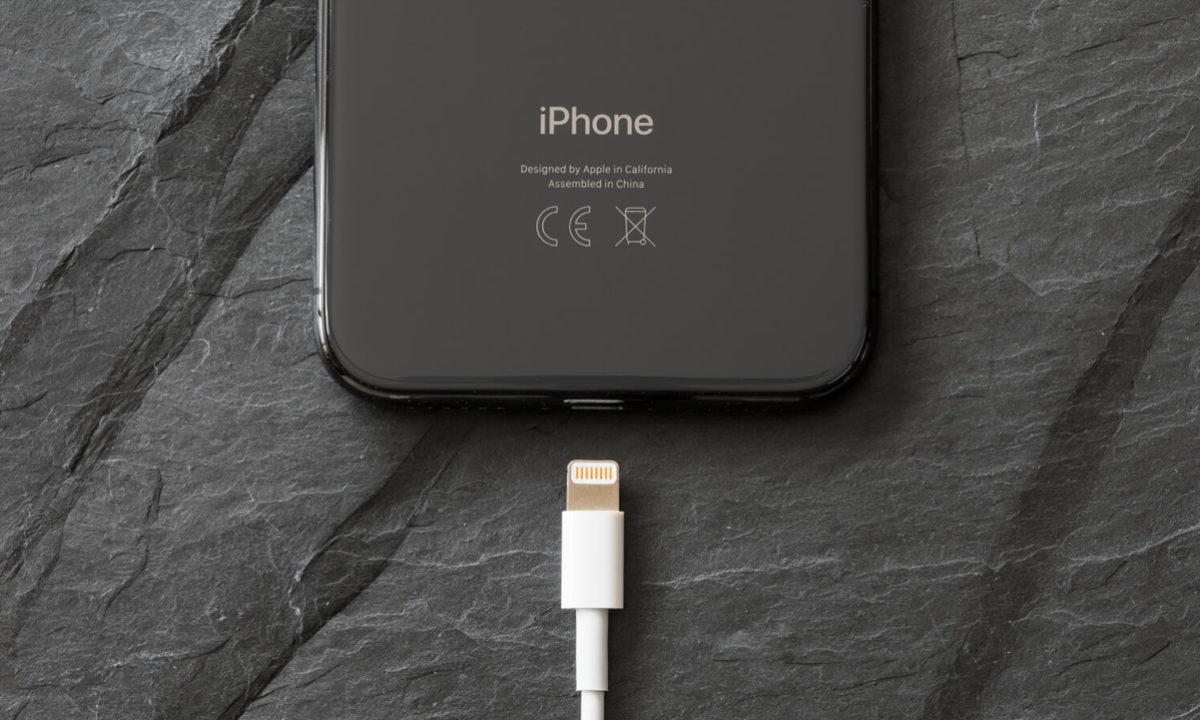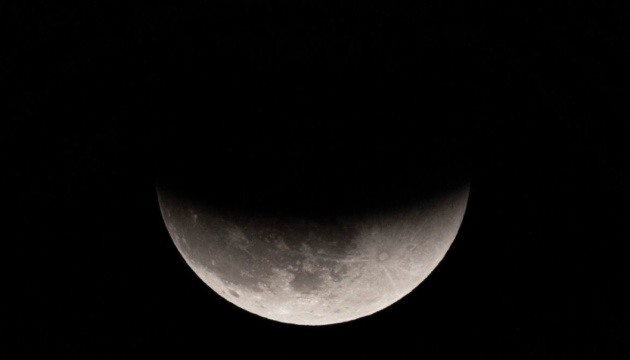Apple’s plans for the iPhone docking port found themselves in a situation of head-on collision with regulations in Europe. As you may remember, last October the European Parliament approved the Uniform Charger Act, a regulation that requires manufacturers of mobile phones and other devices to use a USB-C port for charging. A measure that, as we have pointed out for years, seems to be almost tailor-made for Apple, since practically all manufacturers, with the exception of those from Cupertino, have already jumped on this port some time ago.
Apple has struggled with this point recently., even going so far as to state that the single charger rule hurts innovation. However, these arguments did not help them get out of it, so they will necessarily have to adapt to this rule if they want to continue selling iPhones in Europe, which seems unlikely that they are willing to refuse. Not surprisingly, a few days after the approval of the standard, the company confirmed that it will comply with it in order to maintain its presence on the old continent.
However, It seems that Apple’s plans were to establish a clear distinction between the official cables (those from the company itself and those included in the Made for iPhone certification program) and others regardless of their quality. The first would therefore offer the maximum benefits that this medium can provide, the second would be severely limited, a measure that seems to be at odds with those ecological interests that those from Cupertino so often talk about.

However, it seems that this will not be possible. As we can read in Zeit Online (in German), The European Commission has told Apple that these restrictions are not allowed. «Interaction restrictions with chargers are not allowed» confirms EU Commissioner for Industry Thierry Bretón in a letter published by the DPA press agency, in which we can also read a warning to seafarers: «Devices that do not meet the requirements for a common charger will not be allowed on the EU market«. White and in a bottle… And it doesn’t stop there. In order to avoid any trick that tries to circumvent this legal framework, Brussels will issue a guide sometime in the third quarter of this year, the main objective of which is to provide «uniform interpretation of the law»
But it’s true that Apple still has some margin, as the EU has granted a 24-month moratorium for companies to adapt to this new standard. What i mean? well if you want Apple will be able to implement this restriction on the iPhone 15, if these are finally confirmed to have USB-C (something that already seems pretty clear). However, starting in October 2024, the company will no longer be able to sell iPhones with a Lightning or Variable Speed USB-C port based on the cable’s certification (or lack thereof).














